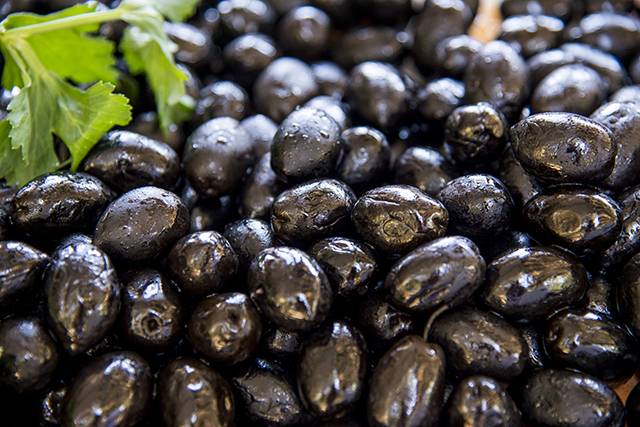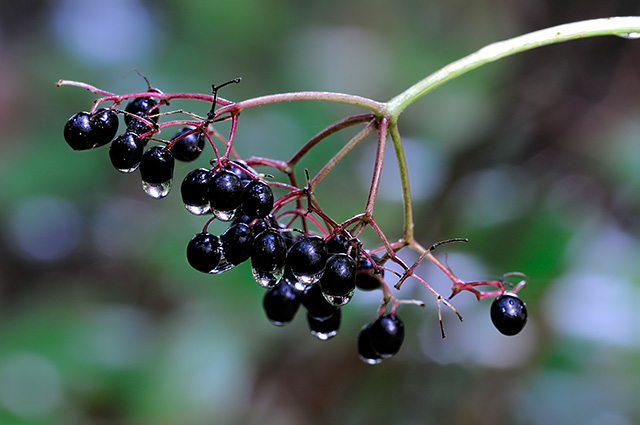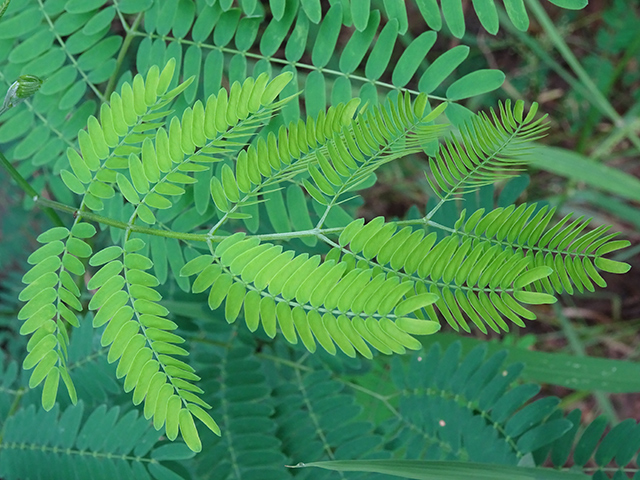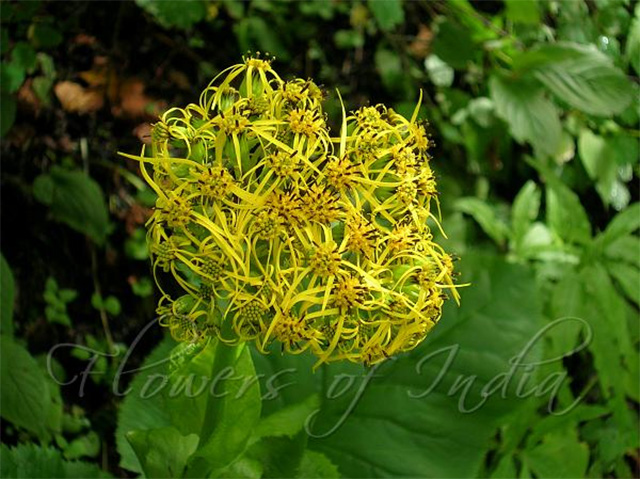TCM herb Ku Shen found to be an effective natural treatment for leukemia
08/29/2019 / By Ralph Flores

Ku shen, which comes from the root of the shrubby sophora (Sophora flavescens), is used in traditional Chinese medicine (TCM) to treat multiple diseases, which range from itching and swollen gums to dysentery and liver problems. In a study published in The American Journal of Chinese Medicine, researchers from Taiwan noted that sophoraflavanone G, a phytochemical present in ku shen, has potential anti-cancer activities, based on in vitro testing.
Researchers from the Chang Gung University of Science and Technology in Taiwan looked at the ability of sophoraflavanone G to induce programmed cell death (apoptosis) in human leukemia cells. One of the most widely studied topics, apoptosis has a role in both the development and treatment of various cancers, including leukemia. If a cell experiences a disruption in apoptosis, it increases the likelihood of it being transformed into a malignant (and potentially cancerous) cell. In the same vein, scientists also look at apoptosis when it comes to developing treatments for the disease. According to a separate review in the Journal of Experimental & Clinical Cancer Research, many treatment strategies revolve around improving the pro-apoptotic signaling pathways to eliminate cancer cells.
For the study, the team looked at sophoraflavanone G and its anti-cancer potential. Earlier studies on the ku shen isolate showed it to be a potent antibacterial, thanks to its ability to reduce cell membrane fluidity, and an effective anti-inflammatory agent, based on a previous study made by the team.
Multiple assays were used on sophoraflavanone G, which not only evaluated its ability to induce apoptosis in human leukemia cells but also looked at the mechanisms behind this activity. The researchers found that cancer cells that were treated with sophoraflavanone G exhibited higher levels of apoptosis. In particular, the cells exhibited key features of cell death like DNA fragmentation and nuclear condensation (shrinking). The researchers also found that it activated proteins that are essential for cell death, namely, caspase-3 and -9. This increased the effect of apoptosis in the leukemia cells.
From these results, the team concluded that sophoraflavanone G can increase the effects of apoptosis by activating caspase 3 and other pro-apoptotic pathways.
Other applications of ku shen
The earliest use of ku shen, which translates to bitter shen, is found in the Kaibao Bencao, which lists it as a medicine for alleviating heat and toxins. It’s also used to relieve swelling, especially when it affects the oral cavity; to clear lung heat; and to resolve masses, including carcinoma.
It’s not only the roots of the Sophora species that are used in TCM. The flowering tops of the plant are used to treat intestinal disorders, including ulcerative colitis. The fruits and flowers are used for treating hemorrhages and are listed in the materia medica as a hemostatic. All parts of the plants can be used to treat pathogenic organisms in the intestine.
More recently, ku shen has been used in the following applications:
- Arrhythmia: Scientists found ku shen to be beneficial for patients with arrhythmia, particularly those caused by coronary heart disease and premature heartbeats.
- Asthma: Taking a decoction of 15 g of Sophora once a day can help asthma sufferers the same way as aminophylline.
- Allergic reactions: Based on the Modern Study and Application of Materia Medica, ku shen is beneficial for those suffering from urticaria, acute eczema, pudendal eczema, and other types of dermatitis.
ChineseMedicine.news has more on ku shen and its other health benefits.
Sources include:
Tagged Under: alternative medicine, anti-inflammatory, anticancer, apoptosis, cancer cures, cancer treatment, cell death, disease treatments, herbal medicine, Herbs, ku shen, leukemia, natural antibiotics, natural cures, natural medicine, phytonutrients, prevention, remedies, research, Sophora flavescens, sophoraflavanone G, TCM, traditional Chinese medicine
RECENT NEWS & ARTICLES
COPYRIGHT © 2017 NATURALANTIBIOTICS.NEWS
All content posted on this site is protected under Free Speech. NaturalAntibiotics.news is not responsible for content written by contributing authors. The information on this site is provided for educational and entertainment purposes only. It is not intended as a substitute for professional advice of any kind. NaturalAntibiotics.news assumes no responsibility for the use or misuse of this material. All trademarks, registered trademarks and service marks mentioned on this site are the property of their respective owners.



















